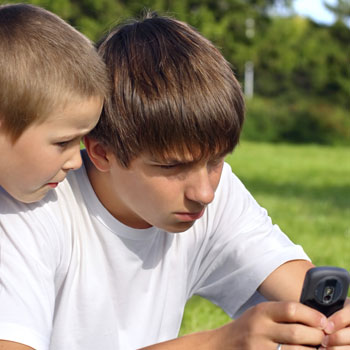A GPS for Kids: Creepy or Clever?

It may seem like the ultimate invasion of privacy. We’re talking about putting a tracking device on your child. Although it may seem creepy and over the top for some parents, others feel a sense of security knowing they can keep tabs on their children at all times. A child goes missing every 40 seconds in the United States. For many people, that’s enough of an incentive to invest in a product that might one day keep their child out of harm’s way. GPS tracking devices are becoming more commonplace on the market. In fact, they come in all shapes and sizes. From wristwatches to cell phones, prices can start as low as $100 or exceed $500. These devices usually rely on global positioning systems to keep an eye on your children at all times. Satellites can be activated to nail down the exact location of the device that has been enabled for tracking. Some technology even monitor heart rate, body temperature and blood pressure that alert a parent if any of these levels become a concern, which is usually an indication that the child might be in danger.In the event you get separated from your child, you can instantly rely on GPS child tracking services to determine the location of your child – whether it’s at a park, a mall or a fair. For older children, cell phones with GPS devices have a few benefits. Not only can they use the phone in the event of an emergency, the phone also relies on GPS technology that can be used in the event your child can’t be located. Of course, some experts disagree about the concept. They worry that parents can make their children become fearful. The use of GPS tracking might also create friction between adults and teens who are hungry for a little freedom. If used for the wrong pretenses, children will grow up learning they can’t trust overbearing parents. Basically, if parents want to invest in GPS technology, experts believe it should be used in emergencies — not as a way of acting like a helicopter parent.
